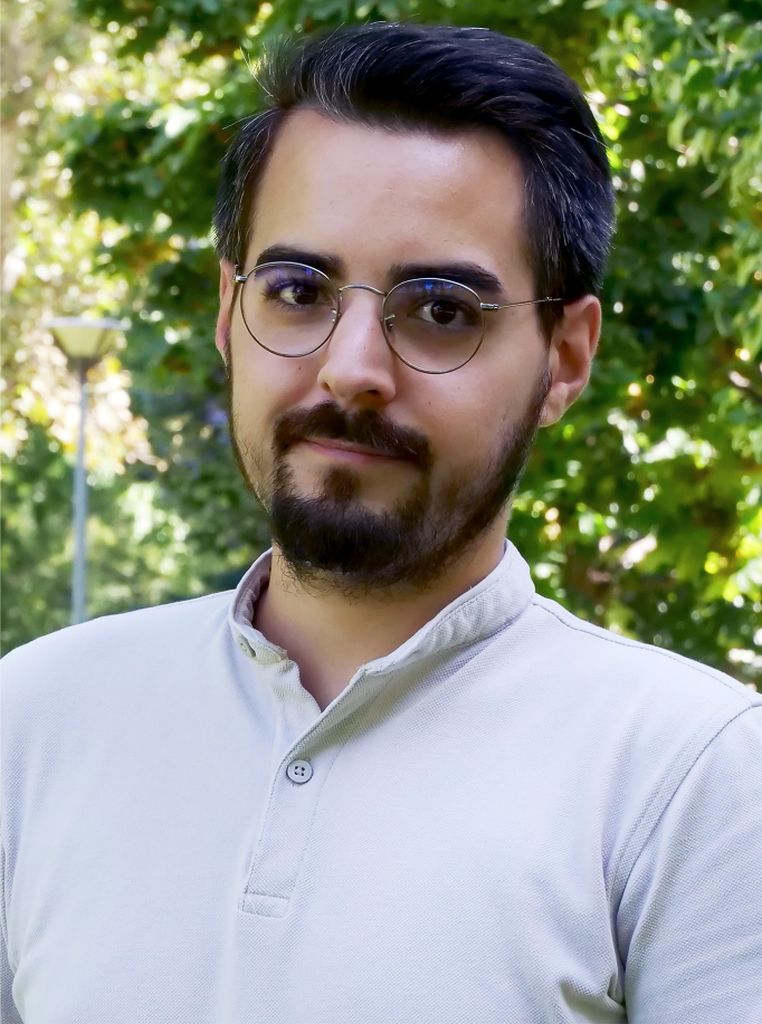The https://english.atlatszo.hu use cookies to track and profile customers such as action tags and pixel tracking on our website to assist our marketing. On our website we use technical, analytical, marketing and preference cookies. These are necessary for our site to work properly and to give us inforamation about how our site is used. See Cookies Policy
Teachers in Hungarian universities often work for free or remain in positions below their qualifications
Recently, the low salaries of university teachers have been back on the agenda in Hungary. Staff at several institutions are demanding pay raises, but the government is asking them to be patient rather than compromise. However, low pay is not the only problem in higher education. Many teachers work in lower jobs than they deserve and thus, could lose several months’ pay. It is also common for lecturers not to be paid for teaching.
At the beginning of this year, the Hungarian government set a target of 71.8% of the average graduate salary for teachers by 2024. However, the pay rise for public education staff has also highlighted another problem: university teachers’ salaries are far from the average graduate salary, and there is no sign of an improvement soon. However, low pay is not the only problem in higher education.

Through FOI requests, we found that almost one in two universities employ lecturers without remuneration. In addition, more than 250 lecturers are not promoted even though they meet the criteria specified in the Higher Education Act. Because of all this, according to our calculations, they could lose hundreds of thousands of HUF a year.
University teachers earn shamefully little
In 2021, we reported that Hungary is among the worst-paid countries in Europe, in terms of salaries for university teachers. University teachers are graded according to their work experience. They cannot take home too much money in any job category. Only associate professors and university assistant lecturers are paid HUF 1,500 an hour. The average salary, as measured by the KSH, is only for habilitated associate professors (those who have obtained the title following a PhD degree).
However, this year’s pay rise only applied to public education, so there were significant differences between the salaries of university staff and those of teachers in public education (primary, secondary and grammar schools). Because of this, a teacher fresh out of university may even take home more money than a university teacher who has been in the profession for years.
Data shows that the older age group earns more than HUF 700,000 gross on average, with those under 30, i.e. those starting their careers, taking home only a fraction of this amount.
Many are in lower positions than they deserve
Payment is only one side of the problem. FOI requests filed by Atlatszo have revealed that more than 250 lecturers are not promoted even though they meet the criteria specified in the Higher Education Act, so we calculate that they lose out on hundreds of thousands of forints a year.
According to the Higher Education Act, a doctorate is a prerequisite for moving up the ranks from the junior assistant professor. To become an associate professor, a person must have a habilitation (in some places it is already required for assistant professors) and be an internationally recognised representative of the discipline or art in question who has “outstanding scientific research or artistic work”.
However, universities in many cases contain stricter requirements than the law. Thus, although the law may allow lecturers to move up the career ladder, in practice, this does not always happen.
Nearly 40 per cent of the 32 universities have an instructor who, under the Higher Education Act, could be in a higher position than the one they currently hold. Based on the responses to our FOI requests,
268 lecturers are employed in lower positions than their qualifications would justify.
The data also show that larger universities are more affected by the problem.
Junior assistant professors (at the bottom of the pay scale anyway) are likelier to be stuck in lower positions. More than half of all lecturers in lower positions, 62%, are junior assistant lecturers who have held a PhD for more than 3 years but have not yet been promoted to an assistant professor position. A total of 7 out of 32 universities are concerned. For assistant professors, the proportion is roughly half that, around five per cent, but overall more universities are involved.
If a teacher is kept in a lower job than he or she would be competent for and the law allows, there are financial implications. A junior assistant lecturer earns 664,000 HUF less gross per year than if he or she were promoted to an assistant professor – in other words, it is like working for free for almost three months.
For a habilitated assistant professor, the difference is even greater: if promoted to associate professor, he or she could earn 1.3 million HUF a year more. This is the equivalent of five months’ salary for an assistant professor.
Working for free, as a social contribution
In addition, data obtained through our FOI requests show that almost one in two universities employ lecturers without pay – nearly 5% of all lecturers.
In many higher education institutions, it is common practice to employ teachers without pay, as a kind of “social contribution” – i.e. without paying them for their work.
15 out of 32 universities also employ teachers for free,
i.e. roughly one in two higher education institutions have teachers who are not paid for their work.
The largest number of volunteers is at the Eötvös Loránd University: according to the university, nearly 500 people volunteer for 1-2 hours every six months.
Overall, 4.6 per cent of the teaching staff, 868 people, work at Hungarian universities without being paid.
University workers demand a pay rise
Higher education workers have received two 15 per cent pay rises by the beginning of 2022. Some universities have also received further increases in salaries.
At the beginning of last year, ELTE staff sent an open letter to the university demanding a pay rise. Recently, the protests have restarted, with ELTE joined by BME, the Liszt Ferenc Academy of Music and the University of Fine Arts.
In an open letter, 3,000 employees demanded an immediate 50% increase in the guaranteed basic wage, an annual increase in line with inflation, an immediate 100% increase in doctoral stipends and an adjustment to the guaranteed minimum wage.
After the protests, the government said that “everyone’s wage demands are legitimate”, but asked for patience. They added that Brussels and the Ukraine war are why they cannot meet the trade unions’ demands.
Written and translated by Zita Szopkó. Data visualisation: Kriszitán Szabó. The original, more detailed Hungarian version of this story can be found here.



